Unlock Real Profit with the RIGHT Hard Money Loan! The lowest rate isn’t always the best deal
Finding the right general contractor is crucial for the success of any real estate investment project. Whether you’re flipping properties or renovating for rental purposes, partnering with the right contractor can make all the difference. In this guide, we’ll explore valuable tips for finding reliable general contractors and highlight red flags to watch out for to ensure a smooth and successful partnership.
Finding the Right Real Estate Agent for Fix-and-Flips & Ground-Up Construction Investments
Finding the right general contractor is crucial for the success of any real estate investment project. Whether you’re flipping properties or renovating for rental purposes, partnering with the right contractor can make all the difference. In this guide, we’ll explore valuable tips for finding reliable general contractors and highlight red flags to watch out for to ensure a smooth and successful partnership.
Unlock Your Real Estate Investment Potential: The Power of Wholesalers
Finding the right general contractor is crucial for the success of any real estate investment project. Whether you’re flipping properties or renovating for rental purposes, partnering with the right contractor can make all the difference. In this guide, we’ll explore valuable tips for finding reliable general contractors and highlight red flags to watch out for to ensure a smooth and successful partnership.
Unlock Your Ground-Up Potential: Hard Money Strategies for Success
Finding the right general contractor is crucial for the success of any real estate investment project. Whether you’re flipping properties or renovating for rental purposes, partnering with the right contractor can make all the difference. In this guide, we’ll explore valuable tips for finding reliable general contractors and highlight red flags to watch out for to ensure a smooth and successful partnership.
Rehabbing a House: The Art of a Successful Fix and Flip
Finding the right general contractor is crucial for the success of any real estate investment project. Whether you’re flipping properties or renovating for rental purposes, partnering with the right contractor can make all the difference. In this guide, we’ll explore valuable tips for finding reliable general contractors and highlight red flags to watch out for to ensure a smooth and successful partnership.
Navigating Real Estate Investment in 2025: Opportunities and Strategies
Finding the right general contractor is crucial for the success of any real estate investment project. Whether you’re flipping properties or renovating for rental purposes, partnering with the right contractor can make all the difference. In this guide, we’ll explore valuable tips for finding reliable general contractors and highlight red flags to watch out for to ensure a smooth and successful partnership.
Goal Setting for 2025: Fix & Flip and Ground-Up Construction Success
Finding the right general contractor is crucial for the success of any real estate investment project. Whether you’re flipping properties or renovating for rental purposes, partnering with the right contractor can make all the difference. In this guide, we’ll explore valuable tips for finding reliable general contractors and highlight red flags to watch out for to ensure a smooth and successful partnership.
How to Flip a House: A Step-by-Step Guide to Profitable Real Estate Investing
Finding the right general contractor is crucial for the success of any real estate investment project. Whether you’re flipping properties or renovating for rental purposes, partnering with the right contractor can make all the difference. In this guide, we’ll explore valuable tips for finding reliable general contractors and highlight red flags to watch out for to ensure a smooth and successful partnership.
What to Expect During the Hard Money Loan Application Process
Finding the right general contractor is crucial for the success of any real estate investment project. Whether you’re flipping properties or renovating for rental purposes, partnering with the right contractor can make all the difference. In this guide, we’ll explore valuable tips for finding reliable general contractors and highlight red flags to watch out for to ensure a smooth and successful partnership.
How to Secure Funding for a Fix and Flip Project
Finding the right general contractor is crucial for the success of any real estate investment project. Whether you’re flipping properties or renovating for rental purposes, partnering with the right contractor can make all the difference. In this guide, we’ll explore valuable tips for finding reliable general contractors and highlight red flags to watch out for to ensure a smooth and successful partnership.




